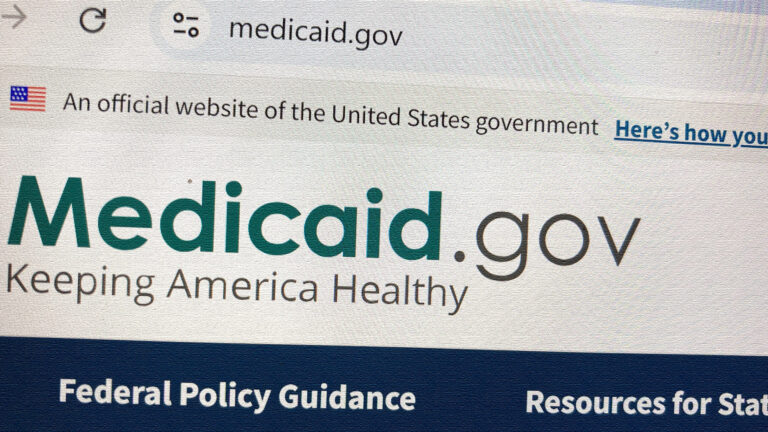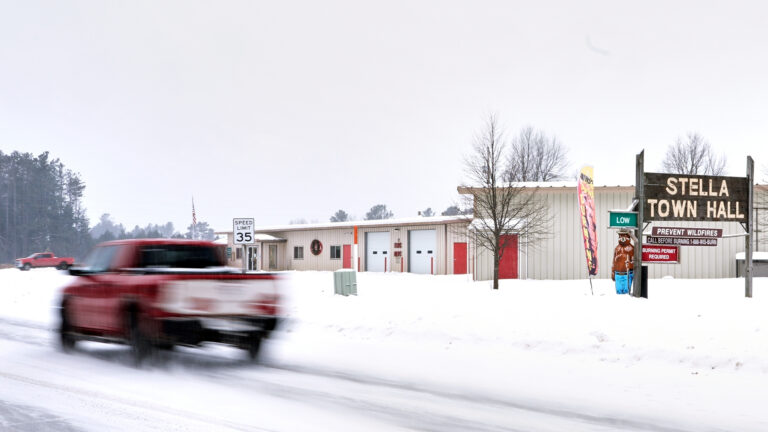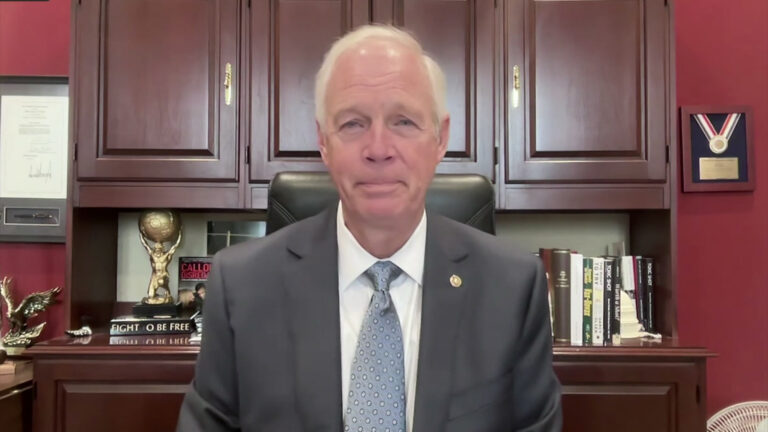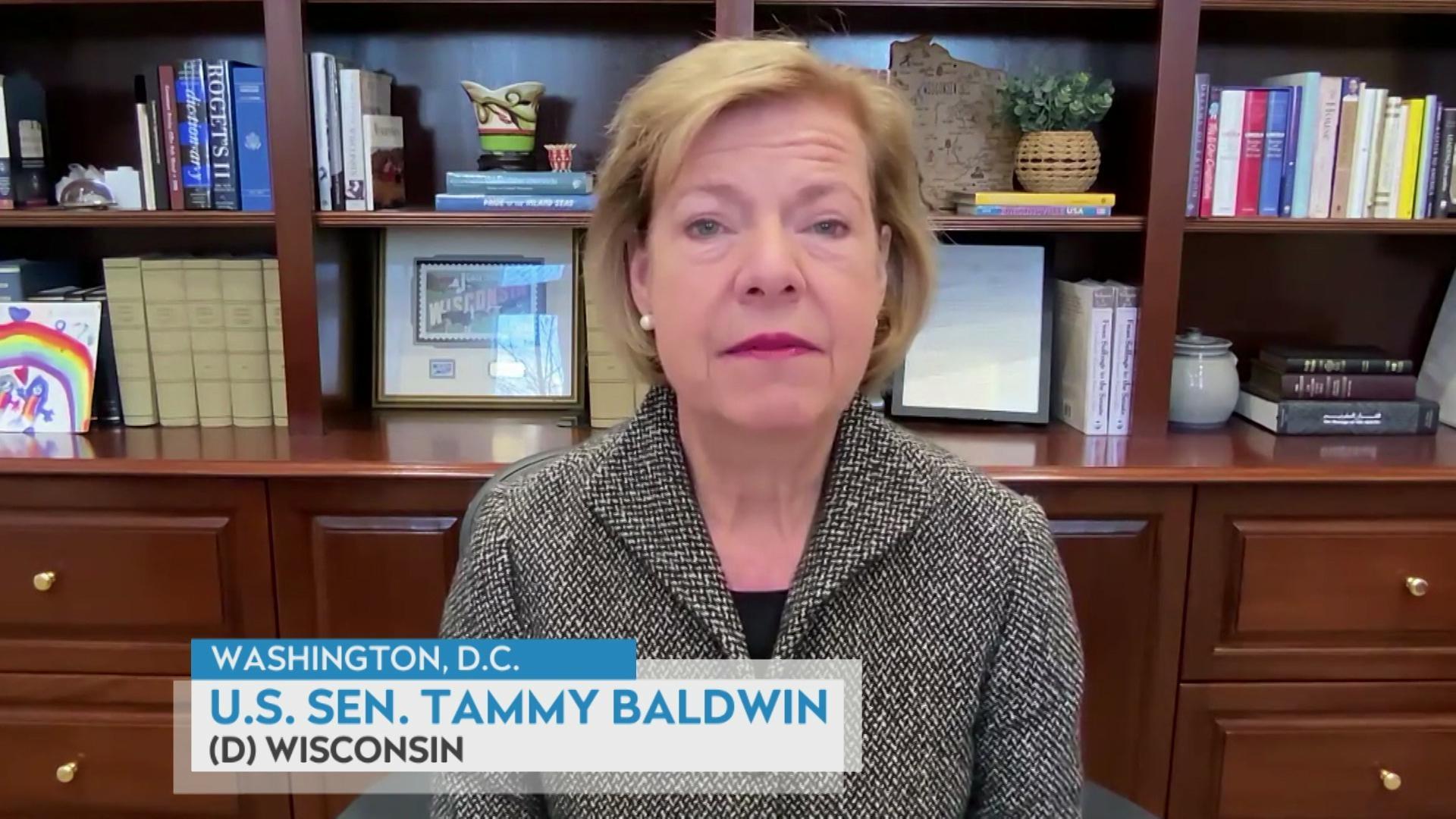Madison Krenz on the stresses of working in the EMS system
Cambridge Area Emergency Medical Service paramedic Madison Krenz describes growing strains faced by short-staffed first responders following the pandemic and amid mental health and addiction crises.
By Steven Potter | Here & Now
April 11, 2023
VIDEO TRANSCRIPT
Steven Potter:
Tell me about some of the challenges in the EMS system and services that are going on right now.
Madison Krenz:
I think it's just the strain of the job. So call volumes are high, and I think, as we all know, in the last couple of years we've just had so many different events across the nation. Lots of stuff took place. We had covid hit. That put a lot of extra strain on first responders. You know, coming to work, we're dealing, you know, with these patients who have covid. It's a new virus. So we had that happen. That caused just, you know, we had a lot of people getting sick within the departments. Then you had staffing strain as well as all these people calling all the time with the illness. Lots of very sick people. This year we've seen a spike in, you know, covid as well. We have RSV, lots of that going on. And then just the mental health crisis that also is going on, drug and alcohol abuse, everything kind of increased and heightened when we went through covid. And so we're just responding to a lot of these critically ill patients, whether it's, you know, mental or physical. So it definitely takes a strain on us as well 'cause we want to be healthy and be able to serve the public and we're going to these calls. It puts a lot of extra strain on us to make sure that we know how to take care of these patients as well as keep ourselves safe. So that's definitely a huge challenge, as well as just coming to work. And then when you have staffing shortages across the state, if you have, you know, an ambulance that's out, you're going to different communities, ones that you're not familiar with and expected to, you know, fulfill the position of, you know, being a medical responder in a community you've never been to and you're in an unfamiliar area, so you just have to be expected to perform wherever you are, and expect to come into work and run calls sometimes for 24 hours straight, and that's a huge strain, being up for 24 hours straight, trying to critically think and then maintain consistency on all your calls. Giving every patient everything you've got is very difficult when your brain gets tested all day long. So I think with the staffing strain, it definitely is difficult when you're going to these tough calls as well as expected to perform in different areas and cover multiple areas at once. It's a lot of stress. If you need backup, it's probably not coming, unfortunately. Like if, you know, you need another paramedic or you need another crew, oftentimes it's not coming. We just don't have those resources. So it's extra strain on your scenes when you're expected to perform on these critically ill patients. You have two people. That's all you got.
 Passport
Passport











Follow Us